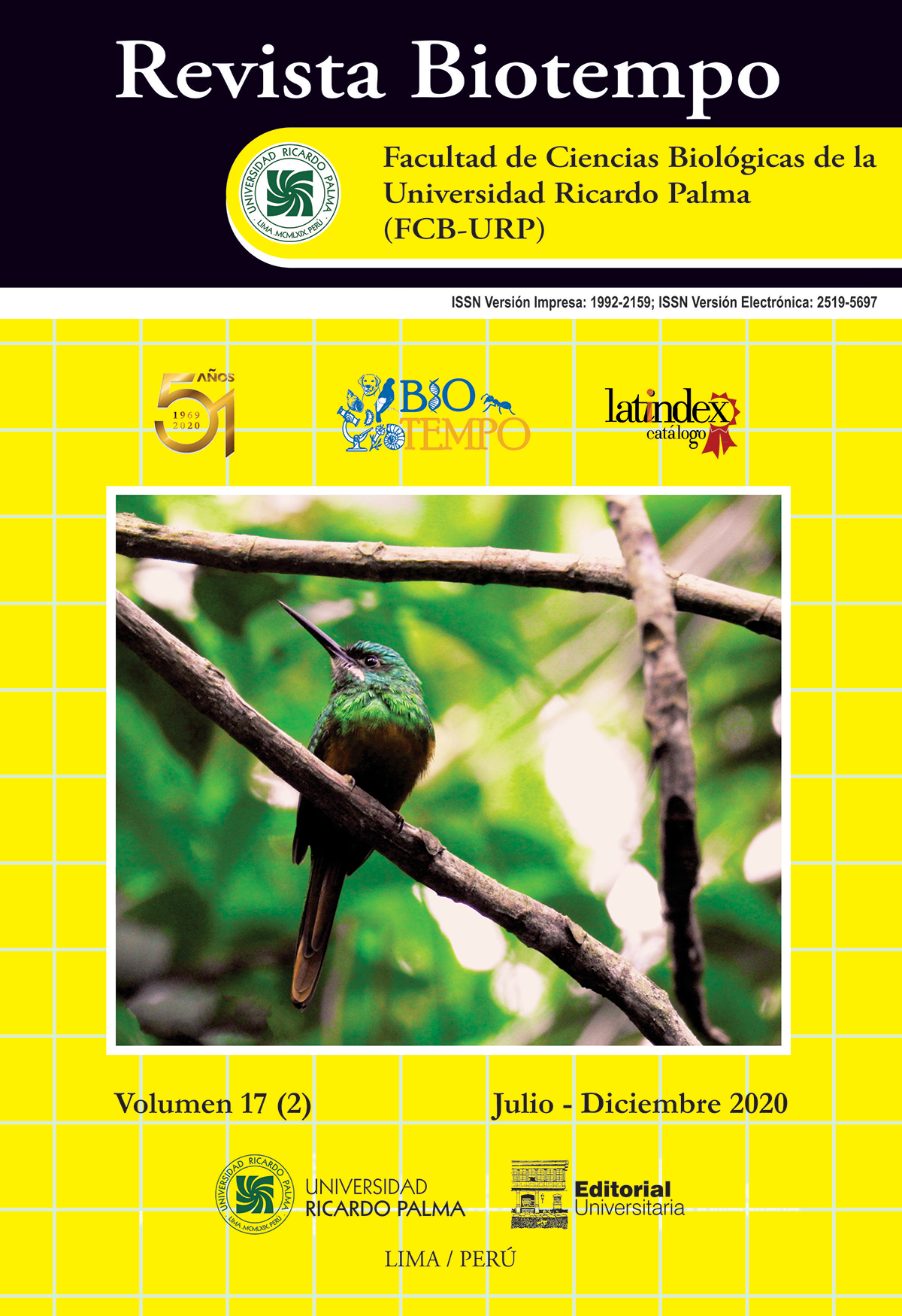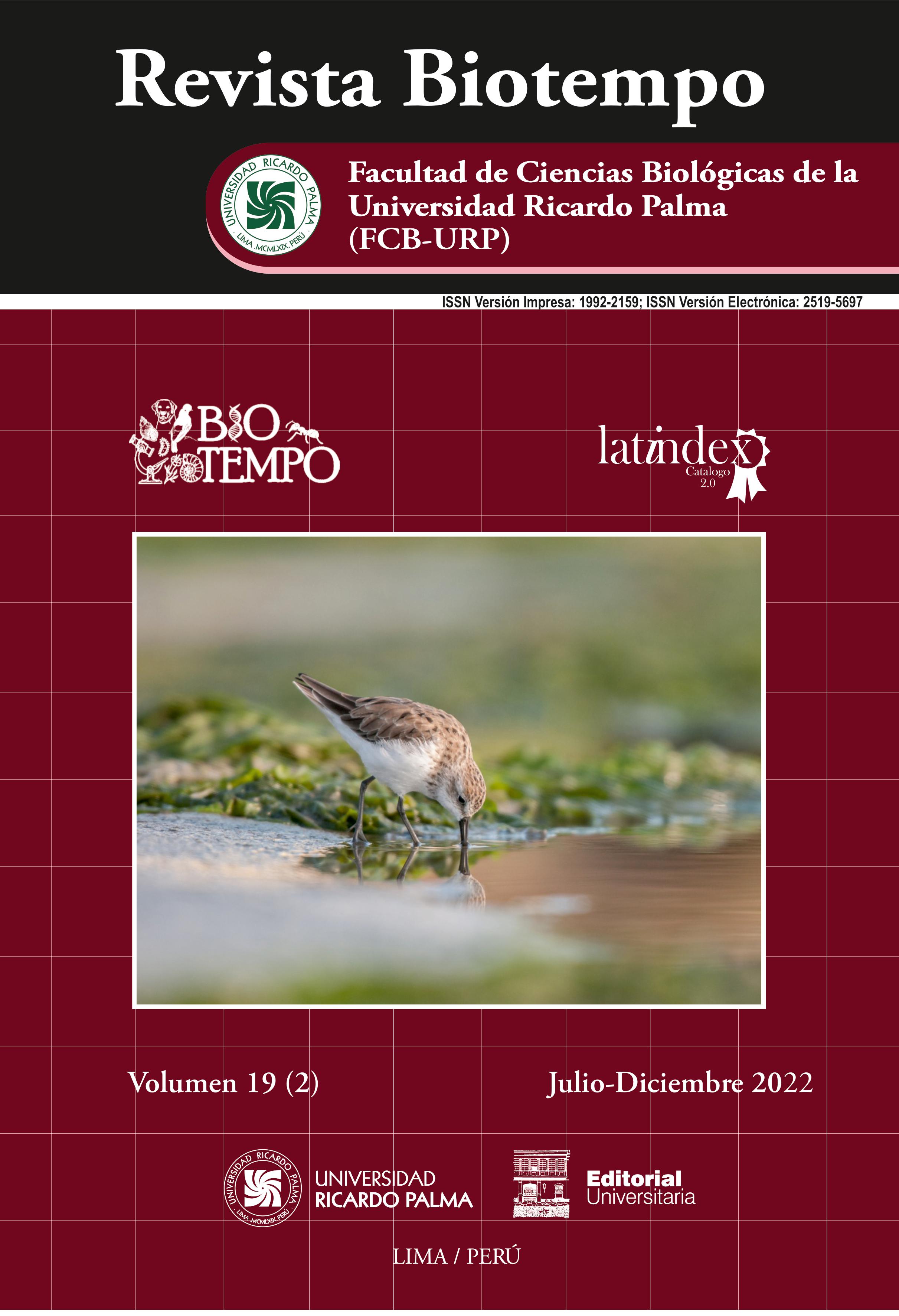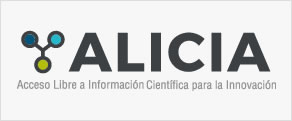EDUCATIONAL INTERVENTION IN ADAPTIVE MODES FOR INFANT CAREGIVERS WITH ATTENTION DEFICIT AND HYPERACTIVITY
DOI:
https://doi.org/10.31381/biotempo.v17i2.3223Keywords:
psychological adaptation, quality of life, primary caregivers, attention deficit and hyperactivity disorderAbstract
Raising infants with attention defi cit hyperactivity disorder (ADHD) off ers numerous challenges and fosters the emergence of adaptive needs in their primary caregivers, which are evident in impairments in their quality of life. A mixed study of concomitant triangulation was carried out at the Chiqui Gómez Lubián Polyclinic in Santa Clara, Cuba from 2016 to 2020, to determine the eff ectiveness of an educational intervention in adaptive modes for primary caregivers of children with ADHD in their quality of life. Th e patients belonging to the municipality's health areas were taken into account to determine the population, by homogeneous sampling. Post-intervention quantitative data analysis included univariate and multivariate analysis of changes in the aff ected dimensions of quality of life (QL) and satisfaction; the qualitative, content analysis. It resulted in an increase in the QL index of predominance from medium (between 0.50 and 0.65) to high (greater than 0.65 to 0.85) level, which produced significant changes with asymptotic values less than 0.05. Signifi cantly positive changes were associated in supra-dimension 1 with the dimensions of QL and overall satisfaction, and primary caregivers expressed satisfaction with the intervention. Th e eff ectiveness of the educational intervention in adaptive modes for primary caregivers of infants with ADHD can be evaluated favorably since it producedsignifi cant positive changes in their dimensions of QL, generating satisfaction with the intervention and with their QL.










